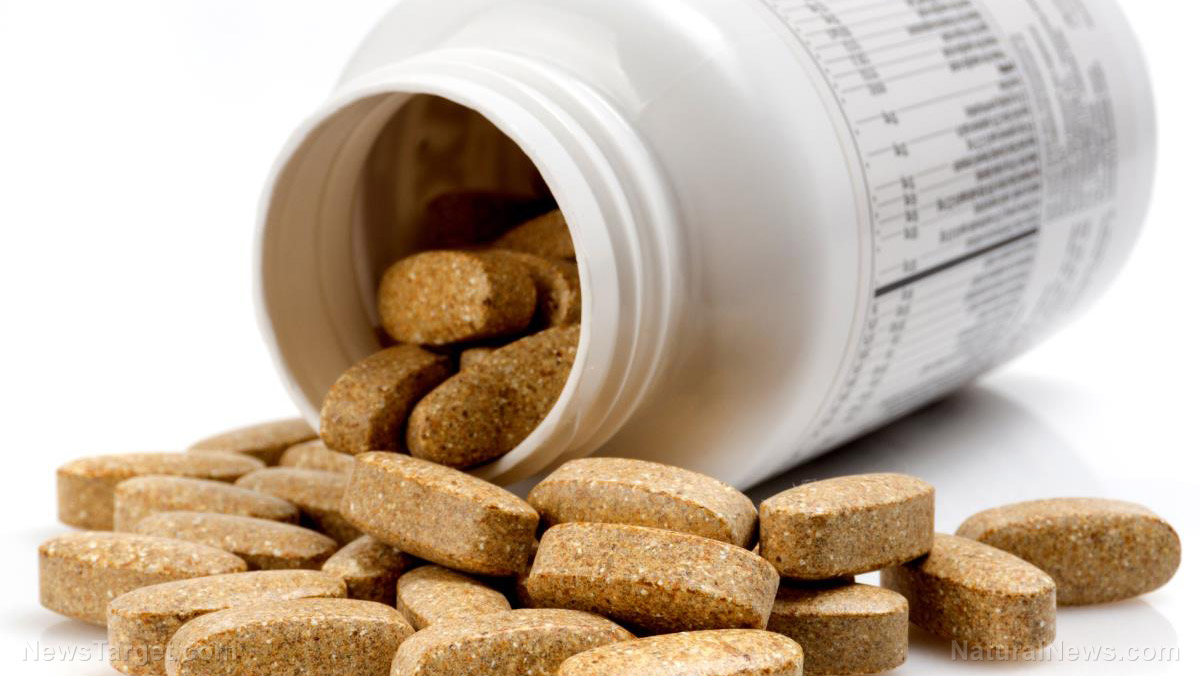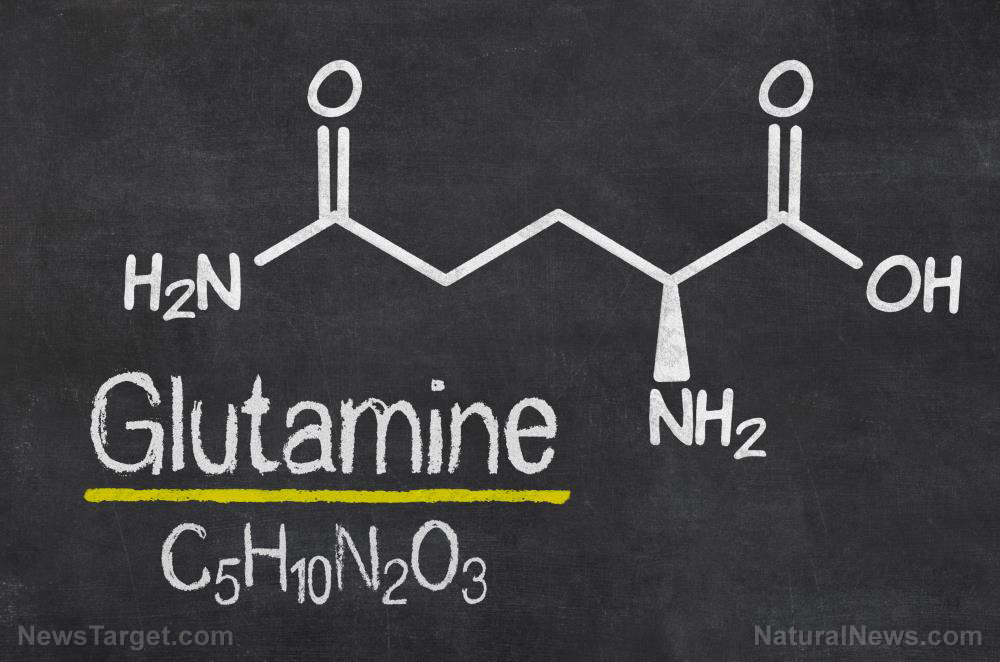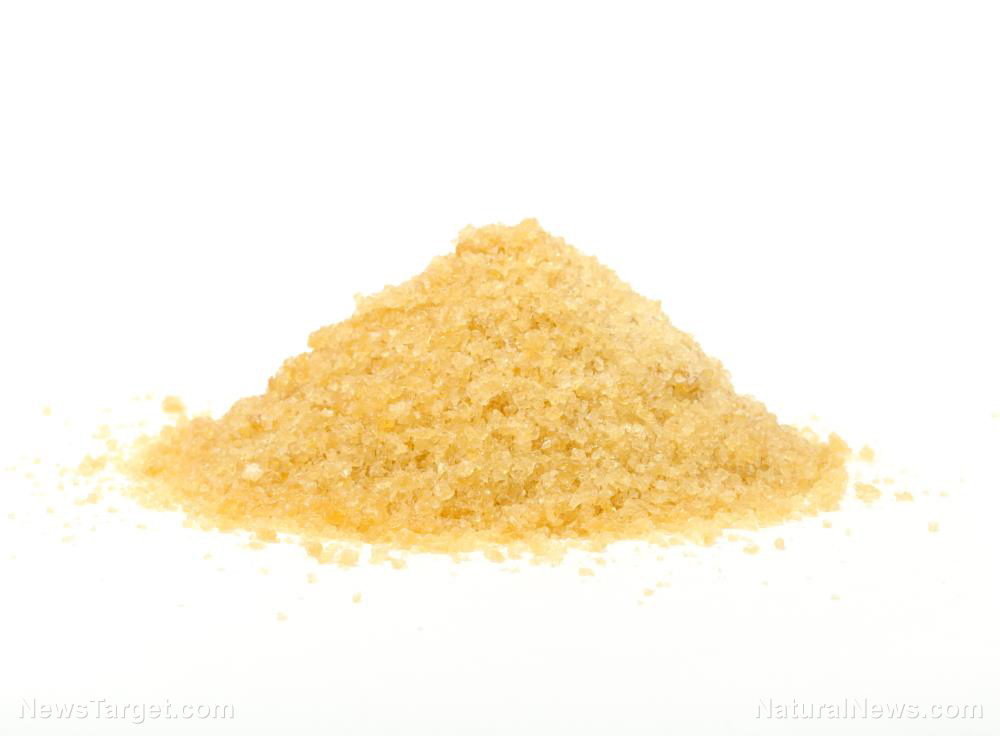New clinical trial confirms the metabolic benefits of vitamin E supplementation
12/19/2018 / By Ellaine Castillo

Scientists are discovering more reasons for people to increase their vitamin E intake. Recently, researchers from Monash University Malaysia found that tocotrienol, a certain form of vitamin E extracted from palm oil, significantly improves diabetes-related kidney damage. This was determined based on the results of a clinical study where researchers evaluated the effects of tocotrienol-rich vitamin E on different serum biomarkers.
Previous studies have shown that tocotrienol has potential use as an alternative remedy for diabetes since it can neutralize free radicals, improve blood sugar levels, and reduce inflammation in diabetic rats. This time around, the researchers wanted to determine if it could also improve diabetes-induced damage on the kidneys.
In this study, which was published in the journal Nutrients, the authors recruited participants who were between 18 to 80 years old and those who had Type 2 diabetes with stable glucose control. They were able to gather 45 volunteers who were then assigned to either the intervention group, who received 400 milligrams of tocotrienol-rich vitamin E per day, or the placebo group. The administered dosage is higher compared to what is normally given for other nutrient supplements since it did not exhibit significant effects at lower doses. All treatments were given twice a day for eight weeks, and regular follow-ups were conducted throughout this period.
Comparing the serum biomarker levels at the start and end of the treatment period, the researchers found that tocotrienol significantly reduced creatinine. This chemical is a waste product produced when the muscles are used. From there, it is transported to the kidney so that it can be filtered and excreted through urine. If too much creatinine is found in the blood, this means that the kidneys aren’t working properly. So, for this case, the reduced serum creatinine levels indicate that the tocotrienol improved diabetes-induced kidney damage.
Overall, these results show that tocotrienol-rich vitamin E has potential use as a remedy for metabolic problems. (Related: Vitamin E tocotrienols work through multiple pathways to delay disease onset and extend lifespan.)
Other health benefits of tocotrienol
There are many benefits that you can acquire from increasing your tocotrienol intake, and many of these are associated with the inherent antioxidant properties of this vitamin E. Some examples of how tocotrienol’s ability to target free radicals improves health include the following:
- Protecting the brain — Dementia, Alzheimer’s, and other neurodegenerative diseases are associated with oxidative stress due to free radicals in the body. Studies have shown that tocotrienol neutralizes harmful free radicals in the brain. Moreover, it also reduces inflammation, which has been associated with impaired brain functions.
- Reducing cancer risk — Free radicals can cause DNA mutations, uncontrolled cell growth, and instability, which have been associated with the development of cancer. Fortunately, the antioxidant effects of tocotrienols are enough to fight cancer-causing free radical damage. The different types of cancer that this form of vitamin E is effective against include liver, colon, prostate, breast, lung, stomach, skin, and pancreatic cancers.
- Improving gastrointestinal health — Stress can cause problems for the gastrointestinal system since it can increase acidity and encourage the development of lesions. A study conducted in rats showed that tocotrienol intake significantly improved acidity and even hormone levels.
- Reversing skin damage — Many skin care products contain tocotrienol since its antioxidant properties can reverse or slow down free radical-induced skin damage like wrinkles.
For more articles about the different health benefits of vitamin E, visit Nutrients.news.
Sources include:
Tagged Under: kidney damage, metabolic function, metabolic syndrome, metabolism, nutrients, tocotrienol, vitamin E


















